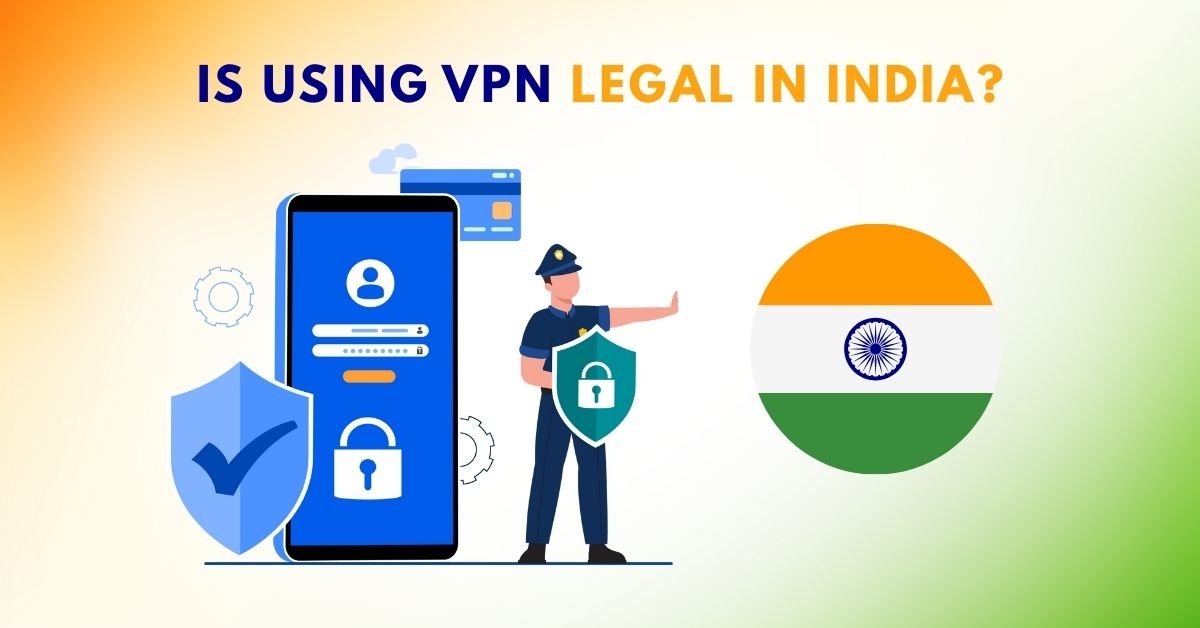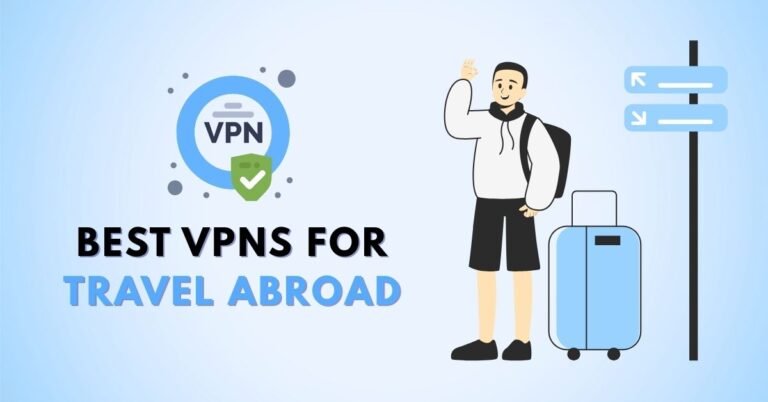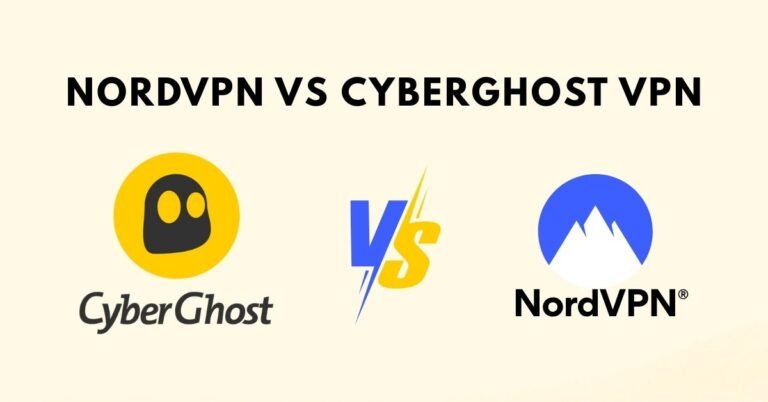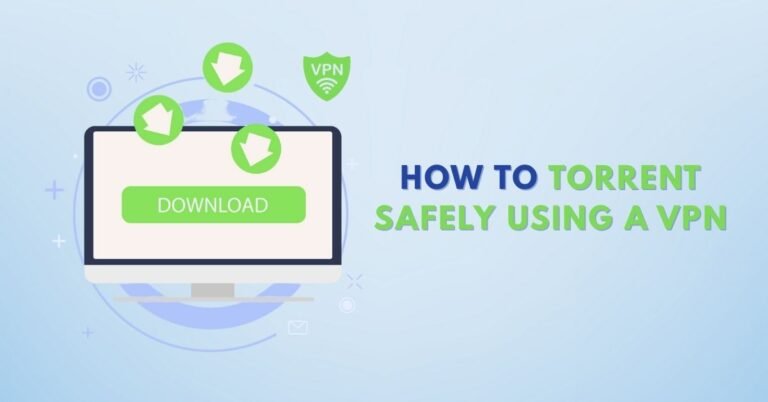Introduction
India’s relationship with VPNs is more complex than it seems. On paper, using a VPN isn’t illegal—but recent laws and regional bans have significantly altered how VPNs work in practice. In this thorough guide from VPN AdWiser, you’ll learn:
- Are VPNs actually legal in India today?
- What CERT‑In’s 2022 logging laws mean for users and providers
- How certain regions (like Jammu & Kashmir) recently imposed temporary bans
- Which VPN providers still work safely for Indian users
- Actionable tips to stay compliant and protect your privacy
Read on to understand what emerging regulations mean for your online freedom.
Are VPNs Legal in India?
The short answer: Yes, VPNs are still legal. India hasn’t outright banned VPN services as of mid‑2025. However, recent regulations have significantly weakened their privacy value.
- In April 2022, India’s CERT‑In mandated all VPN providers with Indian servers to store customer logs for up to five years, including IP addresses, usage timestamps, contact info, and reason for use.
- If providers refuse to comply, they face potential fines, app store bans, or legal consequences.
- Major VPN companies like ExpressVPN, NordVPN, Surfshark, and others quickly pulled their physical servers from India to avoid these mandates and maintain no‑logs promises .
Thus, while VPN usage is not illegal per se, privacy‑claiming VPNs in India are no longer risk‑free if they log user data.
Why Did India Impose VPN Logging Rules?
Strengthen Cyber Surveillance
The government says it implemented the CERT‑In rules to combat cybercrime, misinformation, and illegal content sharing via encrypted channels, including VPNs.
Government Oversight and Access
VPN providers must submit logs to CERT‑In upon request. They must also report incidents like phishing, spoofing, data breaches, or crypto‑account takeovers. That level of access undermines anonymity—a core VPN selling point.
Upholding Internet Governance
India’s broader internet regulation landscape includes content takedown demands, social media oversight, and app bans—extending 2020–2023 censorship trends.
Regional Bans – Examples from Doda, Jammu & Kashmir
In May 2025, the district of Doda (J&K region) issued a two‑month VPN ban, citing national security concerns. Only government‑approved VPNs were allowed.
Legal experts widely condemned the ban, calling it unconstitutional and an overreach of Section 163 of the BNSS law. It raised concerns about rights to digital travel and expression.
What It Means for VPN Users in India
Privacy Risk if You’re Using Indian Servers
If a VPN provider still runs servers in India, your activity may be logged and monitored, defeating the purpose of privacy-focused VPN usage.
Global Servers Still Safe
Using servers outside India—even when located in India—means your provider likely avoids the CERT‑In logging mandate. The connection is still encrypted, and logs remain minimal or none.
App Availability Issues
Some VPN apps (e.g. Hide.me, PrivadoVPN) have been removed from Indian Google Play or Apple App Stores at the government’s request due to non‑compliance. You’ll need to download apps externally or use providers that comply globally.
Choosing a VPN Safely in India
Look for Virtual, Not Physical, Indian Servers
Virtual servers simulate Indian IP addresses from outside jurisdiction—ideal for streaming or browsing Indian content without triggering local log rules.
Favor Independently Audited No‑Logs Providers
Companies like NordVPN, ExpressVPN, Proton VPN, Surfshark, and Private Internet Access all have no‑logs policies audited by third parties.
Use Trusted VPNs Recommended for India
- NordVPN: Best overall per 2025 reviews, secure, fast, virtual India servers available from ~$3.39/month.
- ExpressVPN: Beginner‑friendly, recently pulled Indian servers, strong commitment to privacy ~$4.99/month.
- Surfshark: Budget option with strong speed and feature set, virtual servers in Mumbai/Delhi.
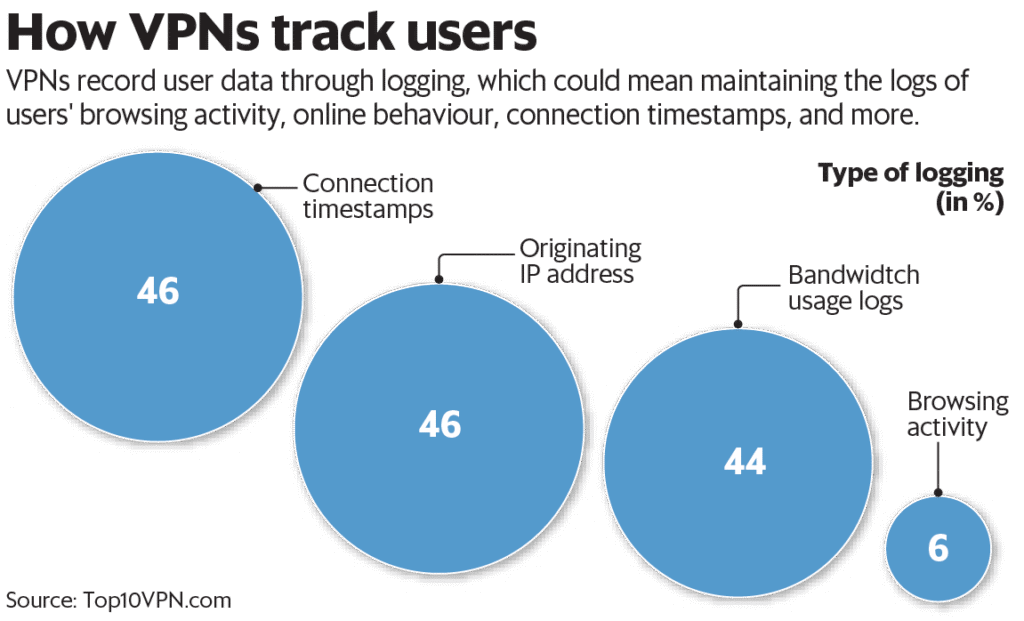

Risks of Using Free or Lesser-Known VPNs
- Free VPNs often log or sell your data to third parties. In India’s environment, those logs might be handed over to authorities.
- Smaller providers may lack the legal or technical infrastructure to resist surveillance pressures.
- No audit or transparency means you don’t know what data gets stored—risky if operating under CERT‑In mandates.
Best Practices for VPN Use in India
- Choose providers with virtual, not physical, Indian IP servers.
- Confirm they operate outside Indian jurisdiction and maintain no‑logs policies.
- Prefer services with independent audits confirming no‑logs practices (e.g., Deloitte, PwC).
- Download VPN apps from the provider’s official site if they’re removed from Indian app stores.
- Use VPNs for legal purposes only—browsing, streaming, remote work, torrenting legal content. Illegal behavior using a VPN remains prosecutable.
- Keep up with updates—laws can change annually.
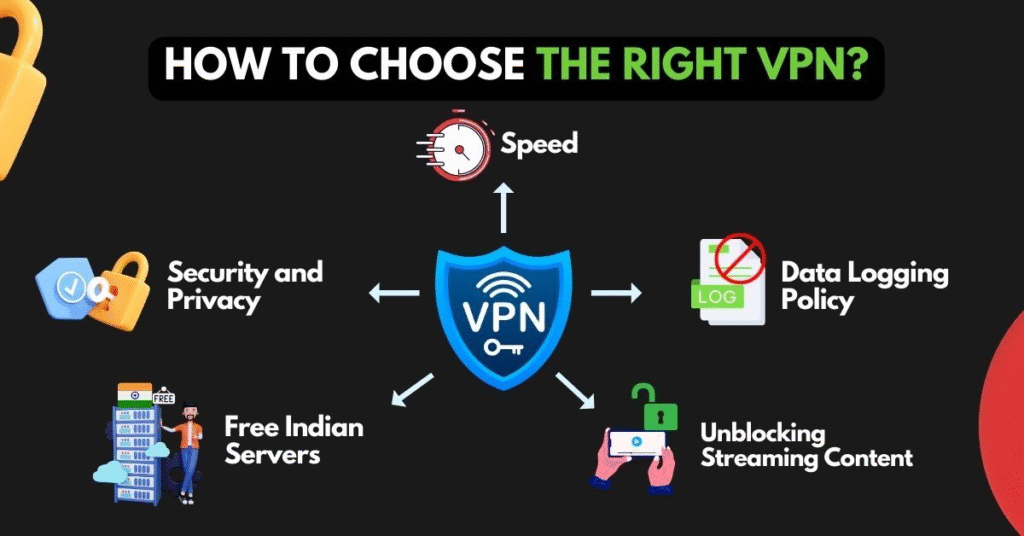
Key Takeaways at a Glance
- VPNs remain legal in India, but with stringent data logging rules for any provider operating servers in the country.
- Many VPN providers pulled Indian servers to maintain privacy commitments.
- Regional bans like in Doda, J&K show VPN use can still be restricted temporarily under certain laws.
- Safe VPN use in India means choosing audited, no‑logs providers using virtual servers and downloading apps outside local app stores.
FAQ — Is Using VPN Legal in India?
1. Is it illegal to use a VPN in India?
No—using a VPN is not illegal in India. However, using a VPN with Indian servers may expose your data to CERT‑In log requirements.
2. Do VPN providers have to log user data in India?
Yes—VPN providers with physical Indian servers are required to retain detailed logs for at least 5 years under CERT‑In rules.
3. Can I still access Indian streaming services via VPN?
Yes—by using virtual servers located outside India that assign Indian IPs, you can access local services without triggering local logs.
4. Are any VPN providers banned in India?
Some VPN apps (like Hide.me, PrivadoVPN) have been removed from Indian app stores due to non‑compliance with regulations.
5. What should I look for in a VPN as an India user?
Look for virtual Indian servers, audited no‑logs policies, jurisdiction outside India, support for external app downloads, and strong encryption protocols.
Conclusion
While VPNs are not banned in India, evolving regulations have significantly impacted their privacy protections. If your VPN provider has Indian servers, your data may be logged and accessible to authorities. Thankfully, many leading VPNs now operate outside Indian jurisdiction using virtual servers and maintain independent no‑logs policies. By choosing trusted, audited providers and avoiding physical India servers, you can continue to enjoy secure, private browsing in India—legally and safely.

